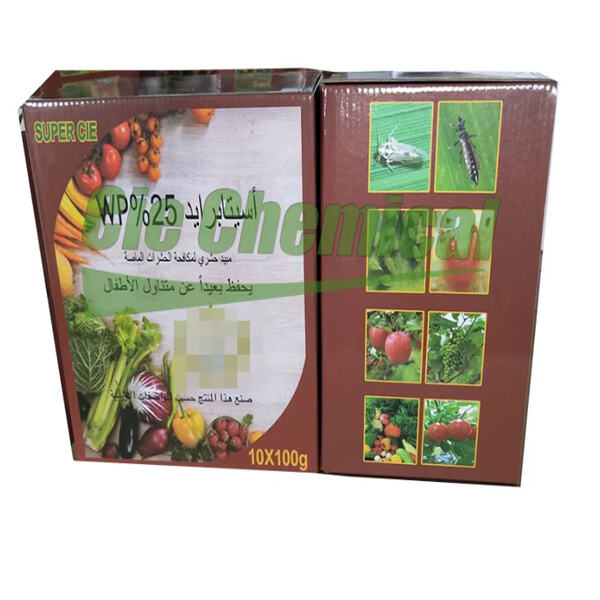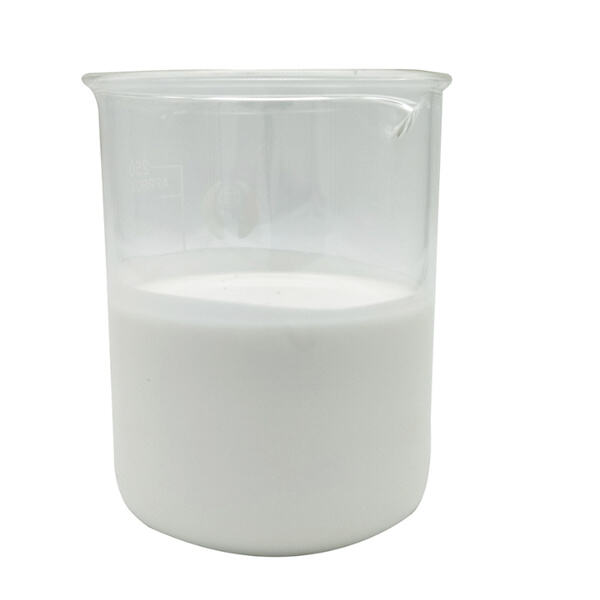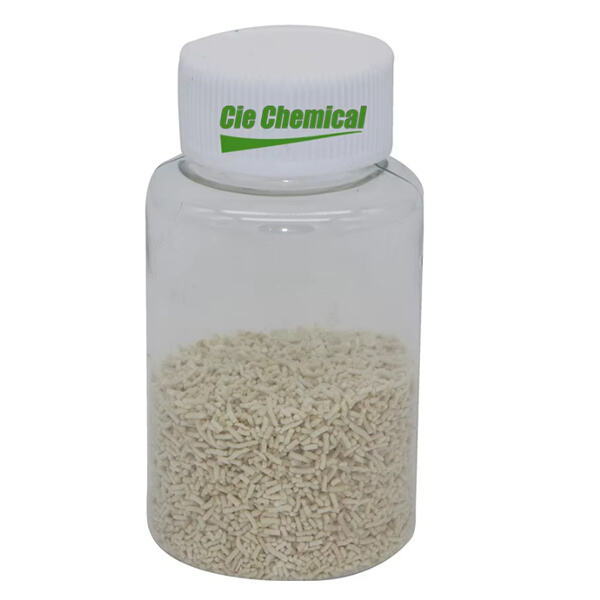The clothianidin insecticide is a potent chemical used for protecting crops against insect pests. It has sparked extensive debate in farming because of its impact on bees and other pollinators. Farmers and scientists need to know: what are the risks and the benefits of clothianidin insecticide? In the text to follow, we are going to see how clothianidin is an effective pesticide, how it serves as an aid to crops and its impact on the environment.
The clothianidin insecticide is potent, and can kill out the harmful pests that damage crop. It does so by disrupting the nervous systems of insects, which can paralyze and even kill them. This makes it a handy weapon against pests — and an easy way for farmers to protect their crops. But there are concerns about the impact of clothianidin on bees and other pollinators.
Farmers also need to know more about clothianidin because they rely on it to protect their crops. Clothianidin is also so good at killing pests and so good at helping crops grow that it can do damage to the environment. Studies find that it can be harmful to bees and other pollinators, which can result in fewer bees. That’s a problem, because bees are vital for pollinating crops and keeping nature healthy.

The insecticide clothianidin is a powerful tool for managing pests and allowing farmers to nurture their crops. When it targets bad insects, clothianidin helps farmers reduce the amount of crop damage they incur, enabling them to grow more food. This is crucial to ensure there will be enough food for everyone and to stimulate farming economies. It’s also important that farmers use clothianidin judiciously and consider its effects on the environment.

Clothianidin helps protect crops from damaging bugs, and that’s incredibly important for farmers. It seeks out and destroys many pests such as aphids, thrips, and beetles, which makes it a useful tool for crop protection. By using clothianidin, farmers can use fewer other pesticides, which may be worse for the environment. It is for this reason that clothianidin is a good candidate for use in sustainable agriculture.

Studying how clothianidin affects bees and other pollinators is important because it helps explain its possible broader impact on the natural world. Honeybees are crucial for pollinating crops and for driving biodiversity, which keeps ecosystems healthy. Studies indicate that clothianidin can harm bees, causing health problems and reducing their populations. This suggests that the effects of clothianidin on pollinators and the environment in the long term should be concerned.